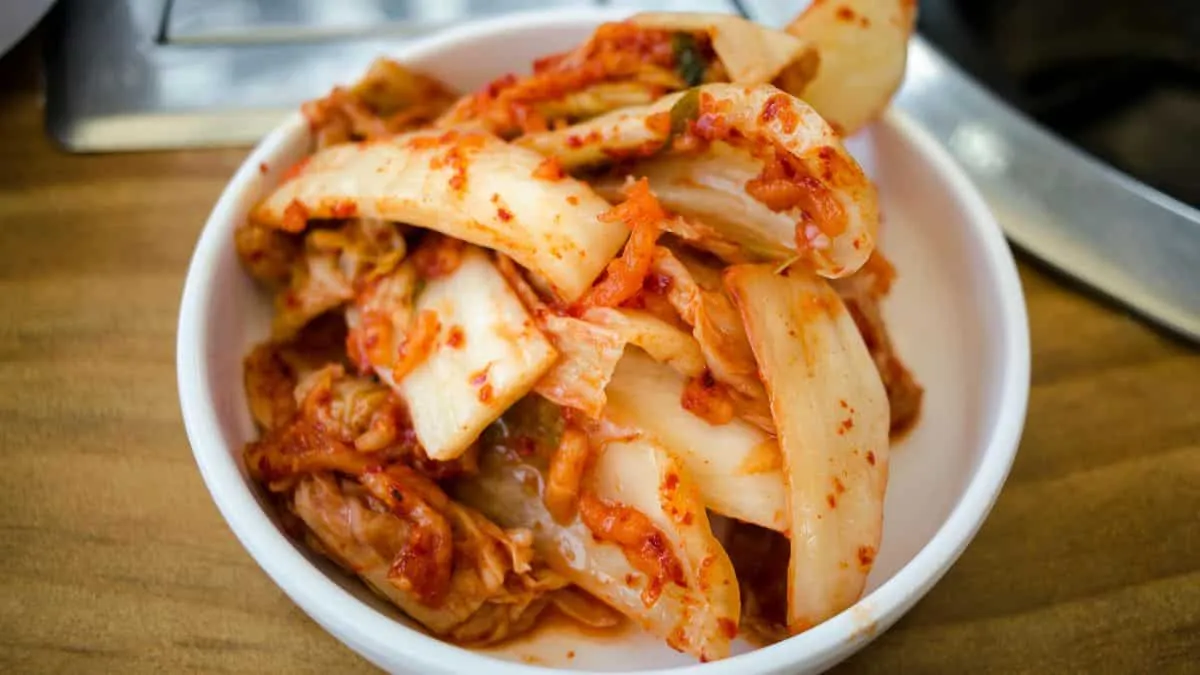Kimchi and the Climate Change Crisis: A Threat to South Korea's Culinary Heritage

Climate Change and Kimchi: A Brewing Crisis
Climate change poses a formidable challenge to the kimchi industry, particularly affecting the supply chain of napa cabbage, the key ingredient in this famous South Korean dish. Rising temperatures disrupt seasonal patterns, making it increasingly difficult for farmers to grow quality cabbage, jeopardizing the production of kimchi.
Impact of Global Warming on Agriculture
The adverse effects of global warming extend beyond just temperature increases. Extreme weather conditions and unpredictable climate shifts alter agricultural practices, significantly affecting crop yields. Farmers dealing with these changes face a precarious future, as their ability to cultivate napa cabbage dwindles.
- Unpredictable weather patterns hinder planning for the growing season.
- Decreased crop yields lead to higher prices and scarcity.
- Traditions at risk: Kimchi's cultural significance may diminish.
Future of Kimchi amidst Climate Challenges
Addressing the challenges posed by climate change will require innovative approaches, sustainable practices, and perhaps a reevaluation of traditional farming methods. Protecting this culinary heritage is essential not only for South Korea but also for global food diversity.
This article was prepared using information from open sources in accordance with the principles of Ethical Policy. The editorial team is not responsible for absolute accuracy, as it relies on data from the sources referenced.